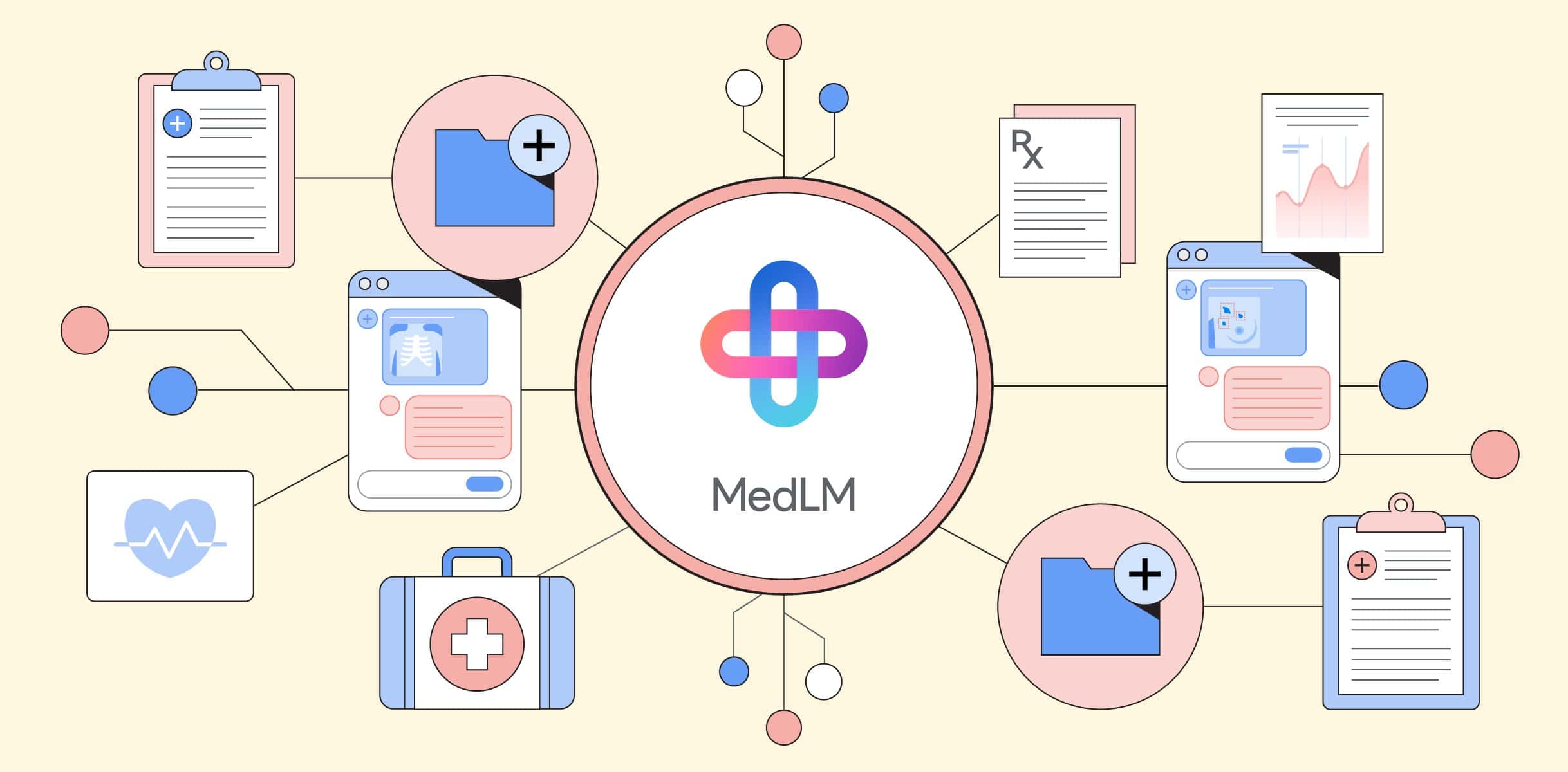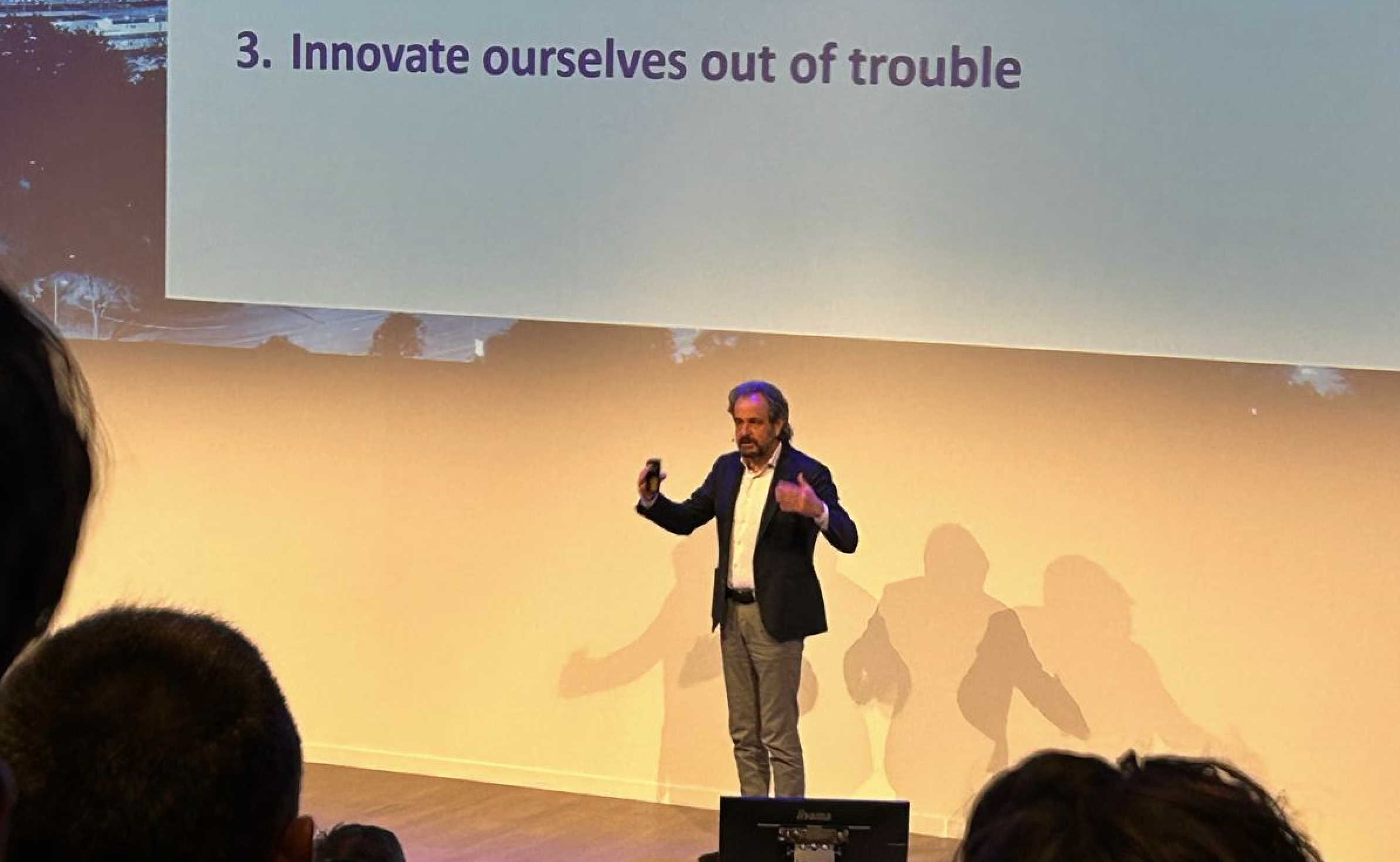
The E-LoDi project, a collaboration between the Lille University Hospital CHU, and the University of Lille, aims to disrupt the field of hospital pharmacies by combining healthcare and engineering expertise. E-LoDi focuses on developing innovative solutions to address medical issues such as side effects, prescription errors, and supplies. The project utilises artificial intelligence, augmented reality, automation, and logistics systems. E-LoDi’s ambition is to strengthen the synergy between engineers and healthcare professionals, revolutionising traditional hospital pharmacy practices.
Innovative Technologies in E-LoDi
E-LoDi is developing various innovations to enhance the medical supply chain from prescription to patient follow-up. These advances include artificial intelligence (AI) for prescription evaluation, augmented reality (AR) assistance for pharmaceutical preparation, automation in pharmaceutical production, and interconnected devices for seamless integration of innovative solutions with existing systems.
The AI prescription analysis is based on rules created and validated by CHU doctors, which aids hospital pharmacists in their decision-making. This system helps to identify high-risk prescriptions and improve patient safety. The AI technology also enables better tracking and prediction of future demand for medicines, streamlining the process and reducing errors.
Augmented Reality and Automation
Augmented reality glasses are being developed as part of the E-LoDi project to improve pharmaceutical preparation, particularly for experimental drugs. These glasses guide preparers during the manufacturing process and ensure traceability of each step. The first version of the AR glasses is already in use at CHU Lille, and a commercial license has been signed with Computer Engineering for marketing purposes.
Automation is another key focus of E-LoDi, with robots being implemented for pharmaceutical production and logistical chain robotisation. This technology reduces human error, increases efficiency, and ultimately improves patient safety. Furthermore, the interconnected devices ensure that innovative solutions can coexist with existing systems, allowing for a smoother transition and a more comprehensive approach to pharmaceutical management.
Collaboration and Adaptability
E-LoDi’s success relies on collaboration between healthcare professionals, engineers, and academic partners. The project works closely with international academic partners from Belgium (UC Louvain) and Switzerland (CHU Lausanne, CHU Geneva). E-LoDi aims to adapt and provide replicable solutions for various hospital pharmacy configurations, assisting companies in developing innovative solutions for healthcare product circuits.
By offering access to high-level skills, expert evaluations, and a “living lab” for testing innovations in CHU Lille pharmacy, E-LoDi enables companies to receive valuable feedback and advice from doctors to improve their results. As Marc Broucqsault, CEO of ALTAO, puts it, “Being part of E-LoDi allows us to evaluate our AI tool in a hospital environment and receive valuable feedback from doctors to improve results”.
Impact on the E-Pharmacy Market
The e-pharmacy market has seen significant growth in recent years, with the Covid-19 pandemic accelerating this trend. The demand for online medicine is primarily concentrated in urban areas, but with the advancement of technology and logistics services, e-pharmacy is expected to expand to new geographies.








